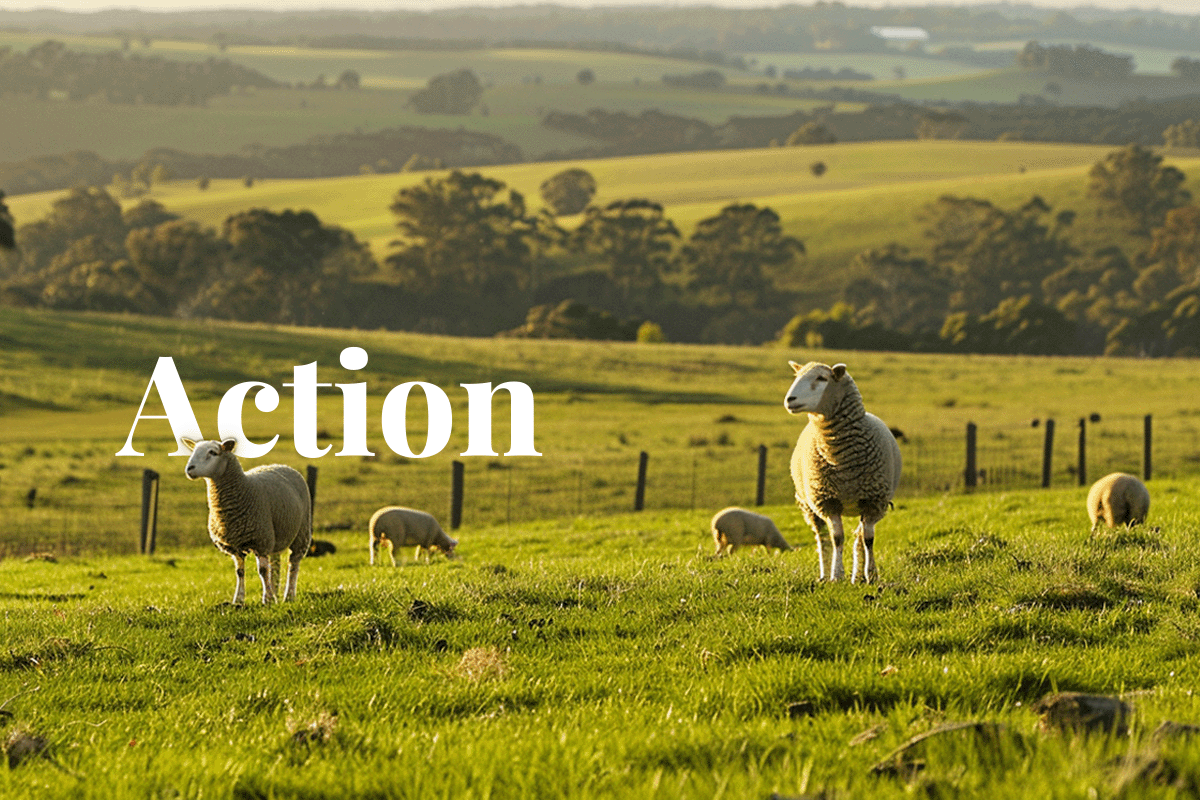In a significant push towards environmental sustainability, Winchelsea, Australia, hosted a key forum on 22 March 2024 focused on addressing carbon emissions in the agricultural sector. The Surf Coast Inland Plains Landcare Network and the Upper Barwon Landcare Network, with support from the Department of Agriculture, Food and Fisheries and Victorian Landcare Grants, organised this pivotal event for Australian farmers.
 Agricultural landscape of Winchelsea, Australia. AI generated picture.
Agricultural landscape of Winchelsea, Australia. AI generated picture.
The forum took place at the Winchelsea Hub and saw the participation of attendees like Graeme Anderson, a climate specialist from Agriculture Victoria. Anderson highlighted the continuous rise in carbon emissions, despite long standing awareness of the issue. He discussed extreme heat projections for Melbourne by 2050, predicting even higher temperatures for inland areas and emphasising the urgent need for action.
Read more: Industry carbon footprints: transport, events, and celebrities
The gathering marked a shift in perspective towards nature conservation and carbon reduction across major Australian agricultural companies and government bodies. Anderson underlined the dual role of farmers as both emitters and removers of carbon. A notable initiative by Agriculture Victoria was the conduct of carbon audits on 250 farms to explore reduction methods and the nuanced considerations required for carbon offsets, especially in property transactions.
The event highlighted the importance of carbon management for competitiveness in farming, advocating for regular monitoring and evidence gathering. Contributions from Meat and Livestock Australia's Margaret Jewell were made to highlight the livestock sector's achievement in reducing emissions by 65% from 2005 to 2020, thanks in part to innovative feed additives.
Read more: Preserving paradise: Western Australia's pledge to protect native forests
Professor Bill Malcom from the University of Melbourne advised on the importance of leveraging comparative efficiency in production and trading. He used the example of Australia's wheat exports to Japan and car imports to illustrate optimal trade based on comparative advantages, including carbon capture capabilities across different Australian regions.
This forum was part of a series focusing on various aspects of on-farm carbon management, including soil, livestock, and energy use, demonstrating the agricultural community's active engagement with nature conservation solutions in Australia.
Join our webinar this week: Carbon Units for Beginners
Starting a path to environmental awareness by teaming up with DGB Group opens up vast opportunities for driving significant environmental transformation. Aiming for net-zero emissions and advocating for a sustainable future highlight the critical role of nature-centric approaches. Such strategies are crucial for nature conservation and sustainable farming, offering a well-defined plan for forest restoration and enhancing global environmental health. Collaborating with DGB offers a gateway to embark on eco-friendly initiatives. We offer a variety of environmental solutions, allowing you to explore the potential within the expanding market of natural solutions.
Discover the right solution for nature and you

